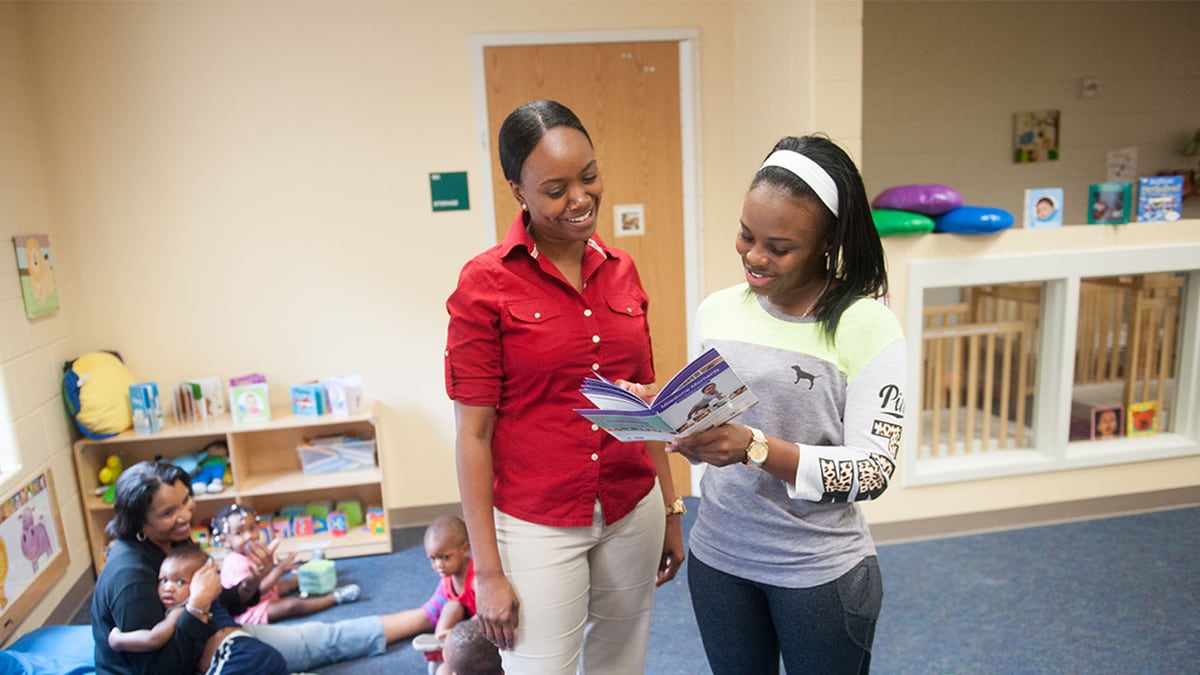About
Champions, at both the state and clinic level, can help promote and support the program. Champions can help support training and implementation as well as provide feedback to staff.

State-level champions
Missouri found it helpful to have two champions at the state level: one within the state WIC agency and one who could help answer questions about child development and why the program was important.
The state WIC agency champion helped to recruit clinics and provided technical assistance when agencies or clinics had questions about implementation. When Missouri moved toward statewide implementation (in 108 agencies and more than 200 clinics), the state WIC champion spent 2–4 hours per week supporting the expansion.
For expertise on child development, Missouri WIC looked to the University of Missouri for support.
CDC's Act Early Ambassadors, pediatricians, other primary healthcare providers, and child development specialists from universities or other organizations can also be asked to help support your developmental monitoring program. And because a successful program will identify children who may be referred to early intervention services, engaging leadership from the state's early intervention service-providing agency (IDEA Part C agency) or Child Find program could also be helpful.
Clinic-level champions
Identifying a champion at each clinic is also important.
The clinic-level champion can:
- Support training and implementation
- Help other staff resolve problems
- Orient new staff to the program
- Ensure materials are readily available
- Provide feedback and encouragement to staff
"For a voluntary project like this, it's critical to have a clinic champion to keep the momentum going. This work is too important to families to let fizzle out."
